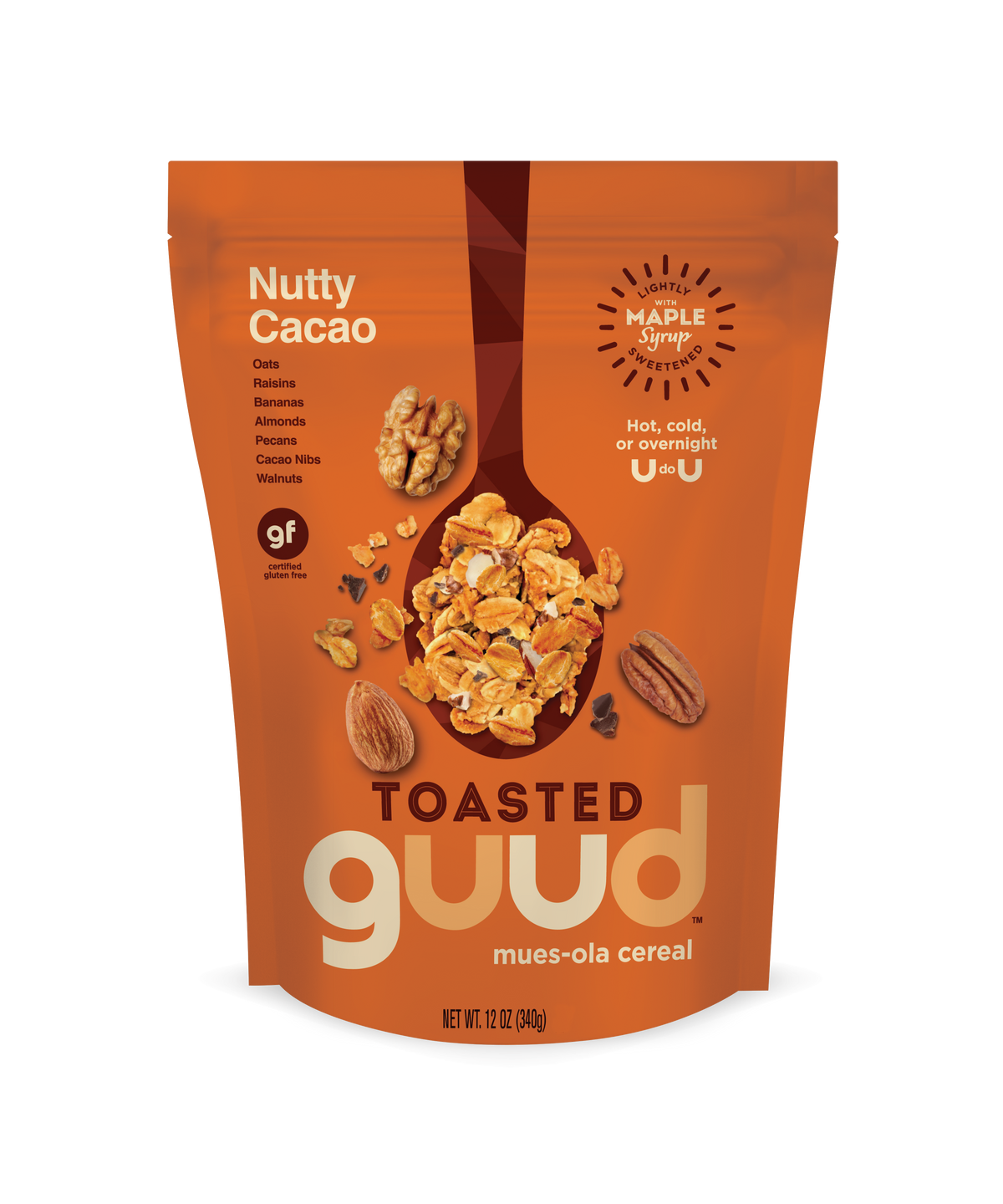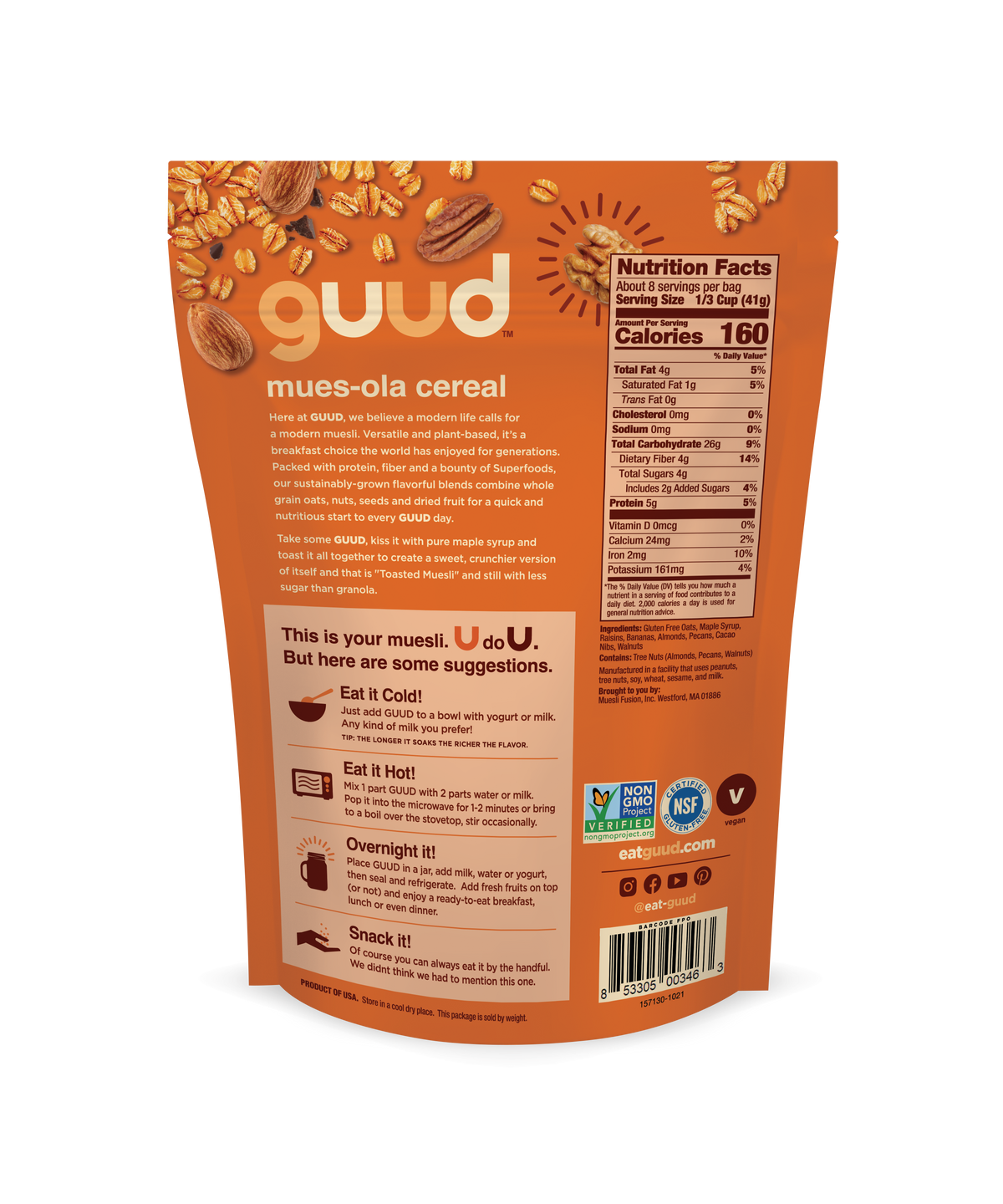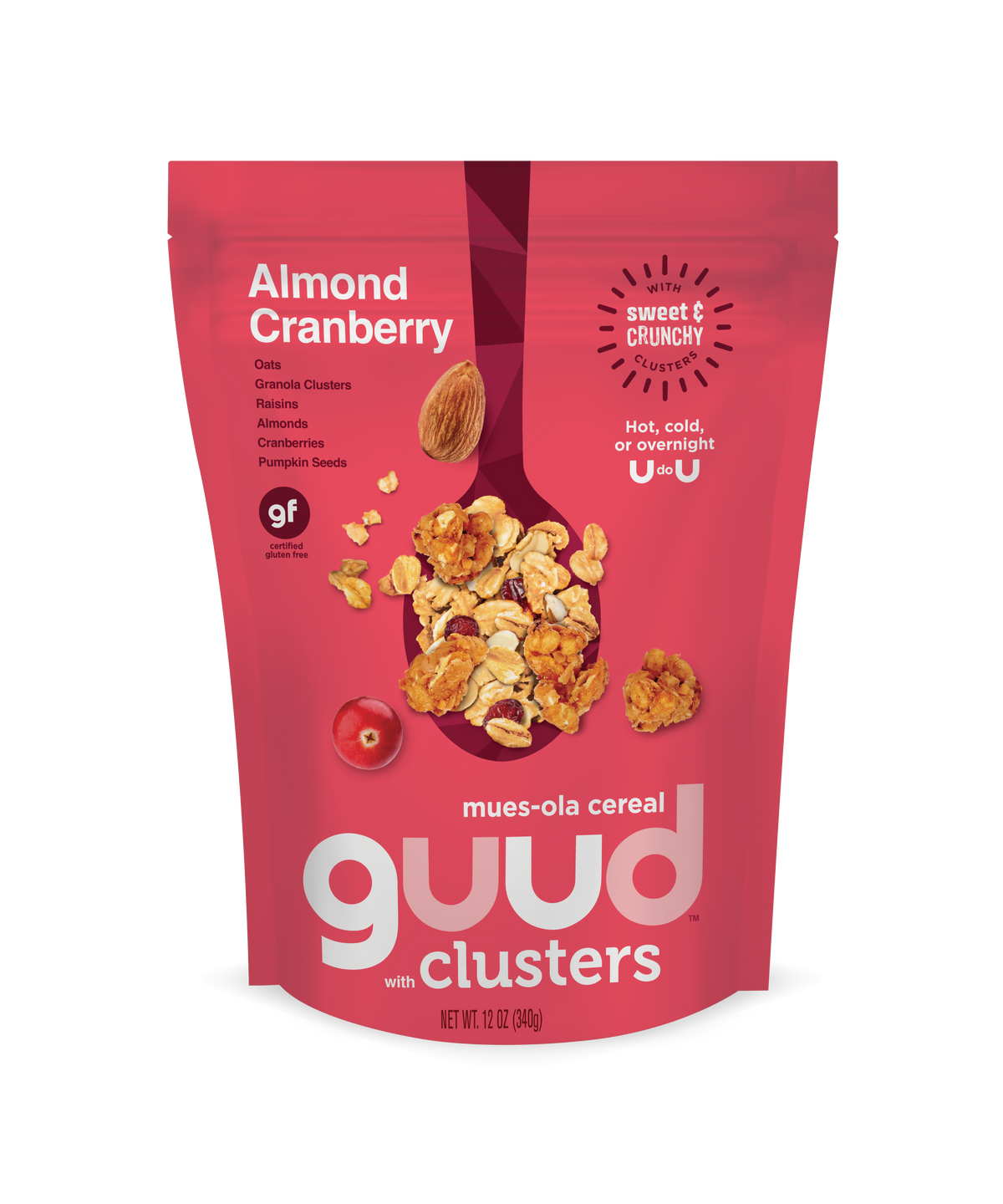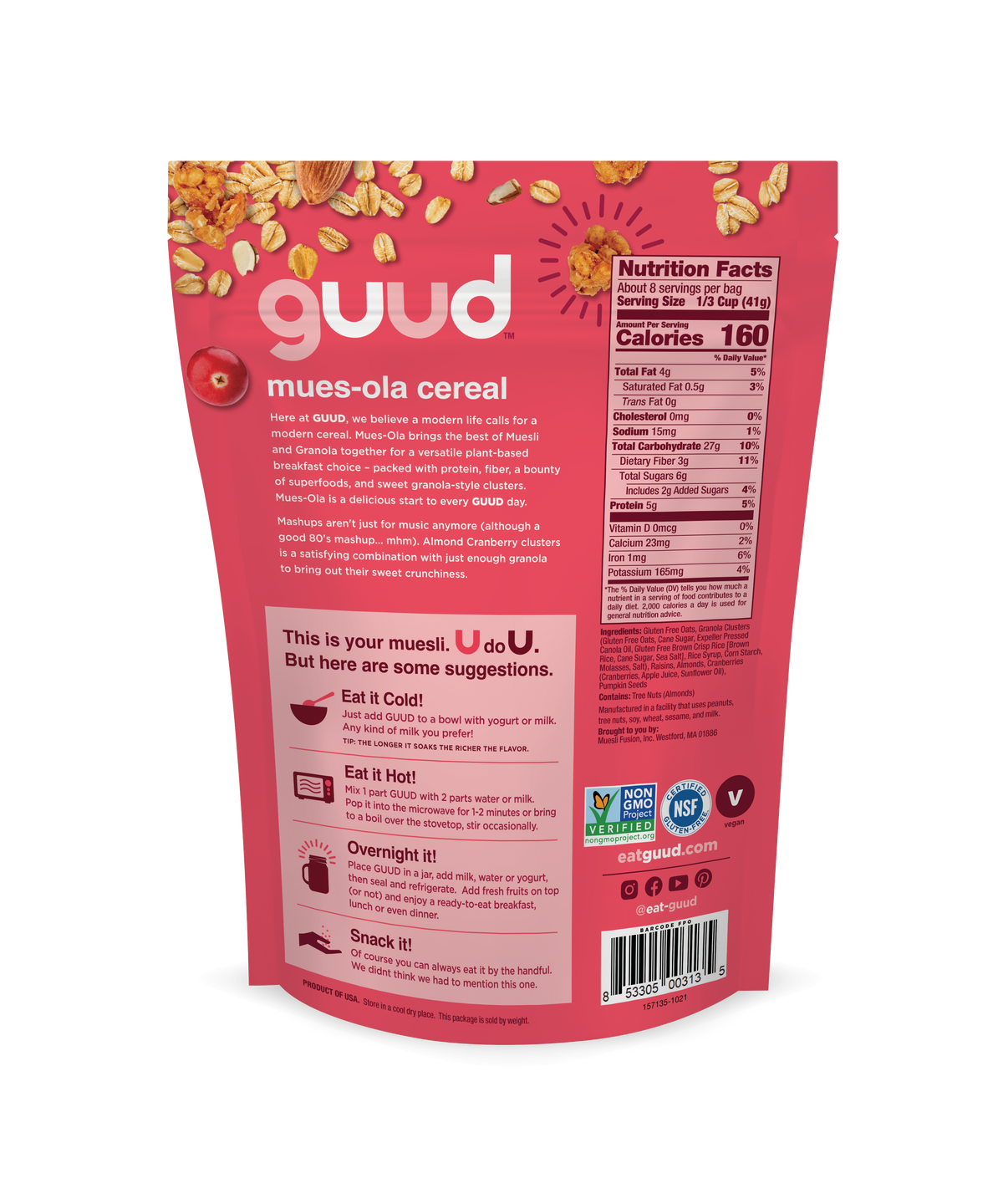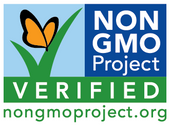Who invented muesli? The first person to make muesli that we know of was Dr. Maximilian Bircher-Benner,a Swiss physician and nutritional pioneer who developed muesli around 1900 to help treat his ill patients.
Muesli is a traditional European breakfast cereal made with whole grains, nuts, fruits, and seeds. It's been eaten for nearly 150 years, due to its great taste and many healthy benefits.
His original muesli recipe consisted of oats (rolled or flakes,) raw apples, condensed milk, nuts and lemon juice. It's been said that this recipe was inspired by a meal he and his wife were served while hiking in the Swiss Alps.

Dr. Bircher-Benner and the History of Muesli
Dr. Bircher-Benner determined that much of the sickness experienced by his patients could be alleviated with increased exercise and a more nutritious diet. This makes his approach similar to those of many "functional doctors" who practice holistic medicine today.
As one of the very first physicians to advocate for whole-food nutrition, Dr. Bircher-Benner believed that eating a nutrient-rich diet could naturally help people to heal and prevent them from becoming sicker. That's because muesli is chock full of essential nutrients for gut health, immune and cardiovascular functions, and more, including fiber and essential vitamins and minerals.
Dr. Bircher-Benner was able to treat and prevent disease at his clinic through a diet rich in raw grains, fruits, and vegetables, and with moderate exercise including walking and gardening daily.
Muesli for Dr. Bircher-Benner wasn’t just a breakfast food; his clinic served muesli at the beginning of every meal, showing just how impactful he thought it was, plus how versatile this product can be.
Muesli Cereals Today
The first mass-produced muesli was introduced in 1959 by Somalon AG (now bio-familia AG), a Swiss company that got its start with muesli.
Somalon AG used Dr. Bircher-Benner’s recipe to create Bio-Bircher Muesli, “the healthy food for the whole family.” Bio-Bircher Muesli was exported to Germany, the U.S, Austria, England and the Netherlands in 1960.
In the 1970s, Somalon introduced “Crunchy Muesli,” a muesli toasted with sugars and oils, similar to today’s granolas. The product was introduced in response to U.S taste preferences, specifically for sugary convenience foods.
Today, most U.S companies sell a muesli recipe consisting of raw rolled oats, nuts, fruits and seeds. Many of these plant-based, whole-food mueslis are close to the original Dr. Bircher-Benner Muesli recipe, although it depends on the specific kind.
Muesli and granola are considered by some people, especially Americans, to be the same thing…but they are not! Granola is made with similar ingredients as muesli, specifically oats, nuts, seeds and fruit, but granola typically has a lot more sugar and oil than muesli does.
Two biggest health benefits of incorporating muesli into a healthy diet are: reduced sugar intake compared to other cereals and granolas, and the versatility of the product. It can be eaten cold or heated up, just like cereal or oatmeal. It can also be included in a smoothie, soaked overnight to make "overnight oats" and used in baking. (For more ideas, check out our recipe section or this blog post on how to eat muesli)
While muesli tastes great and comes in a range of flavors, it won't contribute a lot of added sugar to your diet (all of our mueslis contain less than 5 grams of added sugar per serving).
These days, there are many muesli cereal brands on store shelves, although only one good enough to be called GUUD. We pack flavor, fiber, plant-based protein, prebiotics and healthy fats into every one of our muesli formulas.


